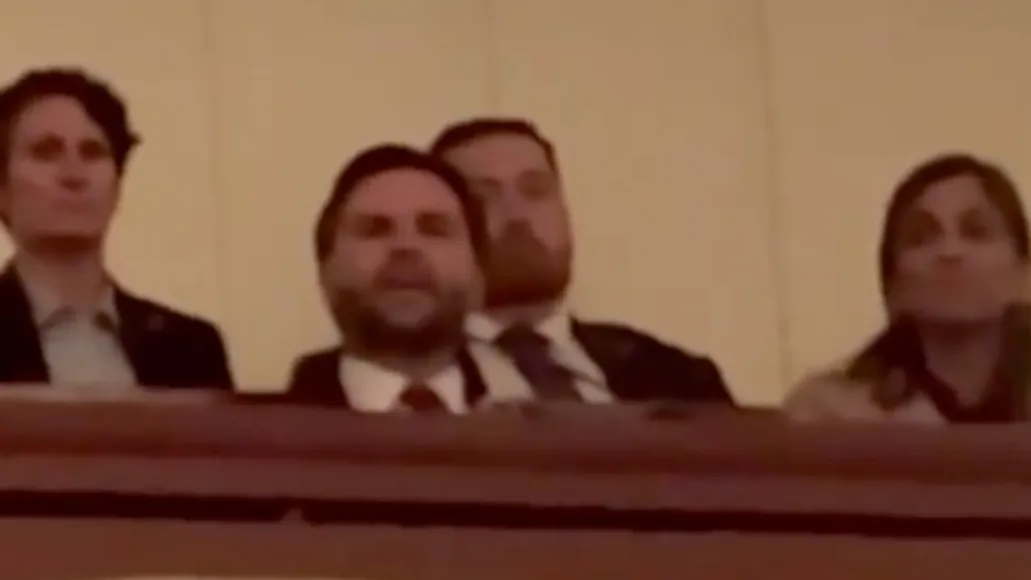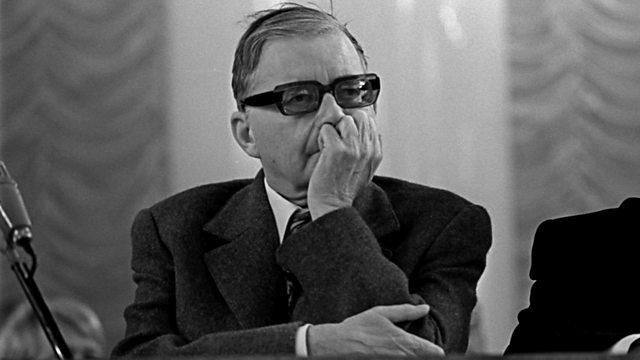The secret passion of a great conductor
mainFrom the new issue of the Spectator:
Rafael Kubelik is watching Wimbledon when I enter his suite at the Savoy. ‘Tennis fan?’ I ask, slightly surprised. He shakes his head. ‘No. Just her.’
It is 1983, the high summer of Martina Navratilova….

Read on here.





Comments